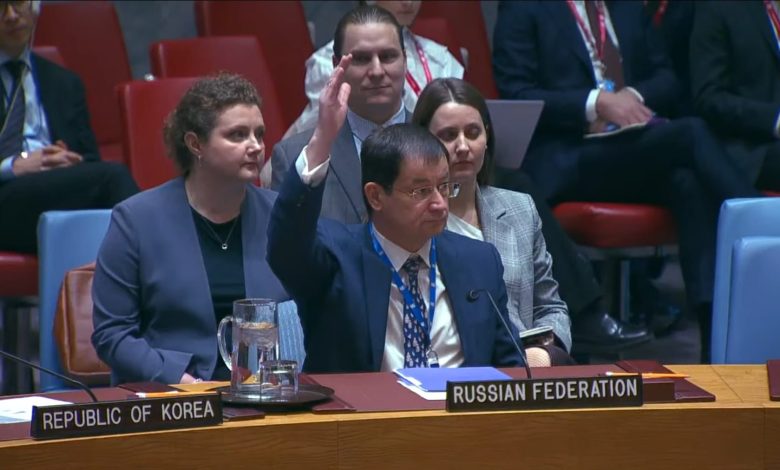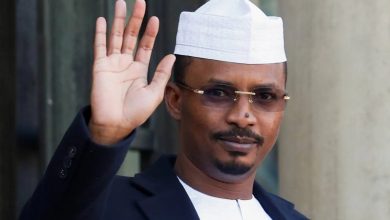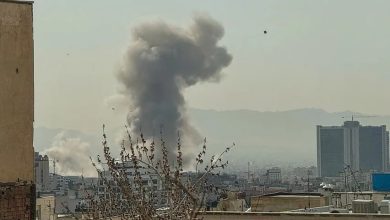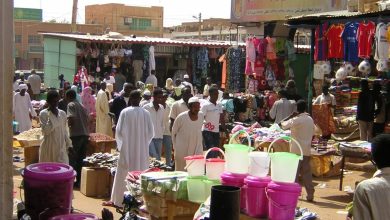Reports
How Did Sudan Escape the Trap That Was Secretly Plotted?

Sudan Events – Agencies
While the Sudanese people celebrated their national team’s qualification for the 2025 African Cup of Nations, the UN Security Council was deliberating over a critical draft resolution proposed by Britain regarding Sudan. This resolution faced a Russian veto, sparking another clash among major powers reminiscent of the 1916 Sykes-Picot colonial conspiracy, which treated Arab and African nations as possessions without sovereignty.
The Myth of Civilian Protection
Although Sudan officially gained independence from Britain in 1956, Britain seems unwilling to fully accept this reality. What particularly stung was losing one of its most valuable former colonies. Adding to this frustration, Khartoum has aligned itself with Russia, as the West generally dismisses the notion of mutual interests, instead seeking to impose its liberal ideologies and allies through force.
The British draft resolution called on the “warring parties,” as it referred to them, to immediately cease hostilities and engage in good faith dialogue to de-escalate the conflict, aiming for an urgent nationwide ceasefire. It also emphasized the need to protect civilians.
Superficially, the resolution condemned the Rapid Support Forces (RSF) for attacks on civilians in Al-Jazirah and El Fasher. However, it overlooked prior UN Security Council demands for the RSF to lift its siege of El Fasher, which went unheeded.
The same countries urging adherence to an arms embargo on Darfur continue to supply the RSF with weapons as if exempt from the rules. These countries use UN organizations and the Adré crossing to provide drones, missiles, and logistical support to the RSF, ignoring a report from an expert panel naming the states involved in aiding the group.
Notably, Clause 15 of the resolution legitimized actions outside the Security Council’s framework under the so-called “coalition of the willing.” Sierra Leone was included as a façade to mask the true intentions of the resolution. Even if the resolution had passed without objection, it would not have advanced peace or adequately protected civilians, who endure horrific violations such as theft, murder, rape, and impoverishment—often using Western-supplied weapons. The RSF has turned their lives into unbearable misery.
Recycling the Conflict
There is no doubt that Britain harbors no goodwill toward the Sudanese people. It is implicated in prolonging the war and setting the stage for the eventual deployment of foreign forces.
By equating Sudan’s legitimate government with a rebel force that has violently sought to seize power, spilling rivers of blood in the process, Britain distorts justice on an international scale.
History shows that colonial powers exploit regional conflicts through international institutions. As dramatized in Leonardo DiCaprio’s Blood Diamond, “We don’t fund wars; we create the conditions that make them last.”
A rushed ceasefire agreement is fraught with peril, with its devilish details crafted by major powers. Inevitably, such agreements serve only to perpetuate cycles of bloodshed.
The so-called “civilian protection forces” Britain envisions, similar to earlier initiatives like the Alpine coalition’s proposed humanitarian intervention, would become a burden on the state, just as the UNAMID forces in Darfur required protection from armed groups by Sudanese regular forces.
More dangerously, halting escalation or imposing an arms embargo would harm Sudan’s national army more than the RSF, which enjoys an uninterrupted flow of weapons. Meanwhile, the army is the sole legitimate force responsible for defending the Sudanese people.
Critically, any ceasefire without conditions or consideration of the Sudanese government’s perspective merely serves as a temporary analgesic. It deprives citizens of their stolen rights and, as Britain desires, paves the way for militarily and economically re-equipping the RSF. This would empower them to again dominate Sudanese civilians, evade justice, and be rewarded with political participation under a forced settlement.
An Arena for International Rivalries
A peculiar moment during the Security Council session arose when Russia’s veto infuriated Britain’s representative, who launched undiplomatic accusations directly at Russia’s president, labeling the veto a disgrace.
This prompted a sharp response from Russian Deputy Ambassador Dmitry Polyanskiy, who condemned Britain’s “neo-colonial agenda.” He pointed out the West’s double standards, contrasting its blanket endorsement of Israel’s actions in Gaza with its refusal to afford Sudan’s government the same right to self-defense.
While the Russian veto, coordinated with Sudan’s government, averted foreign guardianship over Sudan, it underscored a harsh reality: Sudan has become a battlefield for international power struggles.
Undeniably, Britain—holding the pen on Sudan’s file in the Security Council—is aggressively attempting to reclaim Sudan as a subordinate state. Viewing the national army and patriotic forces as obstacles to its agenda, Britain is keen to implement its project through proxies like “Sudan’s Forces for Freedom and Change” and former Prime Minister Abdalla Hamdok. This neo-colonial agenda aims to exploit Sudan’s resources, a reality underscored by the RSF’s mercenary-like behavior and the political ambitions of “Freedom and Change.” The ultimate beneficiary of these schemes is, of course, Israel.
A Painful Blow
The British resolution was undoubtedly crafted with precision in Chatham House, the Royal Institute of International Affairs. This institution, known for shaping British foreign policy, is led by figures like Rosalind Marsden, who harbors a notorious bias against Sudan’s national governments. However, recent protests by Sudanese expatriates in Britain dealt a significant blow to this narrative. They confronted Chatham House last month, delivering a symbolic slap to Britain’s faded empire.
Ultimately, while Russia’s veto has temporarily halted Britain’s plans, Sudan faces an ongoing humanitarian catastrophe marked by bloodshed and displacement. The government must shoulder its responsibility to protect civilians and intensify efforts to rescue lives in the land of the two Niles.
(Adapted from Al Jazeera Net)



